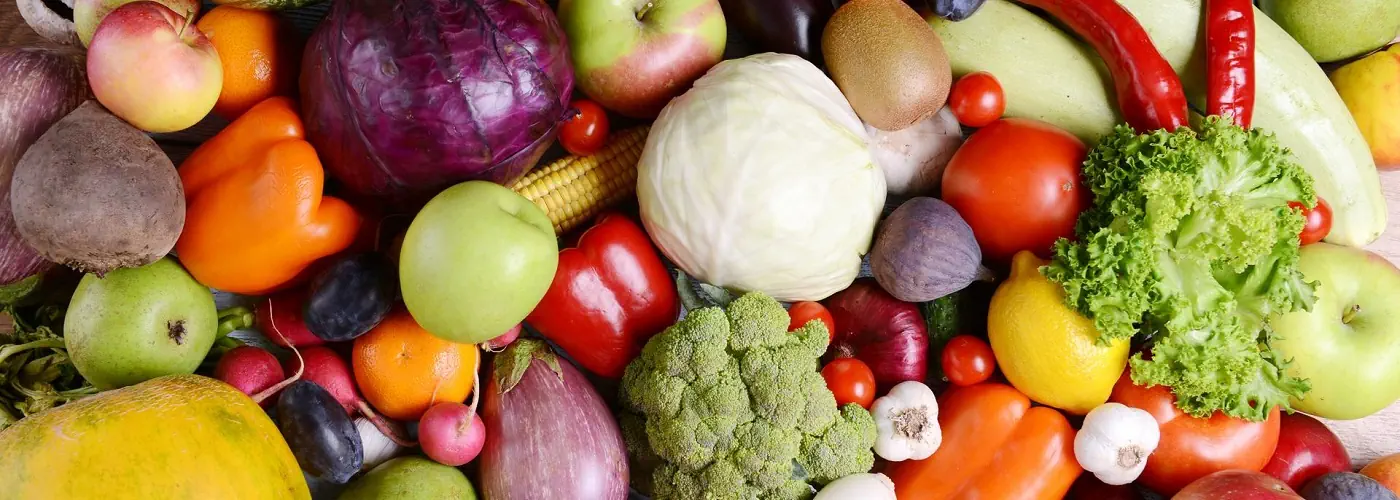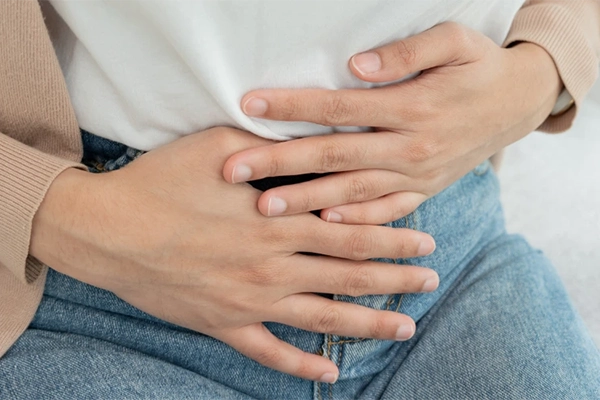Topics
For some of us, we experience certain conditions such as breathing difficulties, fatigue, and change in sense of taste and smell when we fall sick with COVID-19 or while we are recovering from COVID-19.
During this post-COVID-19 recovery period, the loss of appetite causes food intake to be reduced. When food intake is insufficient, our body will use its stores of energy, protein, vitamins, and minerals. Prolonged inadequate food intake may lead to weight loss which includes muscle mass depletion and strength loss.
Certain nutritional strategies may be necessary to ensure sufficient food intake while coping with the side effects of the COVID-19 infection.
Proper nutrition care and timely intervention are necessary to aid post-COVID-19 recovery. Having a good intake of nutrient-dense foods will support the regain of muscle strength and function, maintain your immune response, and increase your energy levels so that you can return to your usual activities as soon as possible.

Here is the list of nutrients necessary for post-COVID-19 recovery nutrition care.
Protein
Protein is an important nutrient that helps to build and repair body tissues. Dietary protein intake in combination with resistance exercise is crucial to regain loss muscle mass and strength.
Therefore, during the post-COVID-19 recovery phase, you might need to consume more protein than you usually do (unless otherwise advised by your doctor in certain cases, from example, renal failure).
Here are the recommended tips for dietary protein intake during recovery:
- Include fish, meat, poultry, eggs, beans, legumes, milk, and dairy products as your sources of dietary protein intake
- Aim to have a protein source in all main meals (breakfast, lunch, dinner)
- Prioritise protein in your meals
- Eat small but frequent meals when appetite is still low
- Supplemental protein drinks may be helpful if you are eating less than usual due to breathing difficulties, fatigue, or other reasons
Fluids
Adequate fluid intake and staying hydrated are equally important because water helps carry oxygen and nutrients throughout the body to ensure your bodily systems and organs are functioning properly during recovery.
Adequate fluid intake also prevents constipation. Constipation may occur due to less physically active or as a side effect of certain medications.
Here are the recommended tips for fluids intake during recovery:
- Drink at least 2 litres of fluid per day (unless your doctor advises fluid restriction)
- Fluid intake includes soups, tea, milk, moist foods, juices, supplemental drinks, and water
- Ensure sufficient fluid intake throughout the day
- Avoid drinking too much fluid before or during meals so that you are not too full to eat
- Choose milk, soymilk, or milk-based drinks as these are good sources of protein as well
Fruits and vegetables
Various micronutrients, vitamins, minerals, and antioxidants such as such as vitamin A, C, D, E, B2, B6, B12, folic acid, iron, selenium, and zinc are found abundantly in fruits and vegetables. A deficiency in micronutrients may impair the body’s immune response and ability to fight infections.
Therefore, adequate daily intake of fruits and vegetables is necessary during recovery from COVID-19 infection.
Here are the recommended tips for fruits and vegetables intake during recovery:
- Aim for 3 servings of vegetables and 2 servings of fruits daily
- Eat a variety of fruits and vegetables to obtain the variety of nutrients your body needs
- Multivitamin and multimineral supplementations are not a necessity unless deficient and only to be considered if unable to eat all the recommended food groups for an extended period
Natural herbs and spices
The loss of sense of taste and/or smell occurs in about one out of five persons recovering from COVID-19. This affects how we experience food flavours because the combination of taste and smell sensations is lost. For some, this can further aggravate the loss of appetite.
Fortunately, the loss of taste and smell sensations is only temporary in most cases. A recent study published in the Journal of Internal Medicine found that 75% - 85% of patients have recovered their sense of taste and smell at the 2-month follow-up.
Here are the recommended tips to improve appetite during recovery due to the loss of sense of taste and smell:
- Include stronger flavours such as mint sauce, tomato chutney, lime, and pickles in your meals
- Use more natural herbs and spices in cooking and marinades to elevate flavours instead of relying heavily on salt and sugar, especially crucial for people with co-morbidities such as diabetes, hypertension, and renal disease
Make an appointment at Gleneagles Hospitals
If you have questions about how to include nutrient-dense foods into your daily diet for faster recovery from an illness, contact your doctor or the Diet Counselling Centre at your nearest Gleneagles Hospital to receive professional dietary advice from the team of qualified dietitians.







